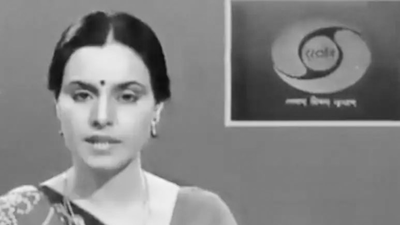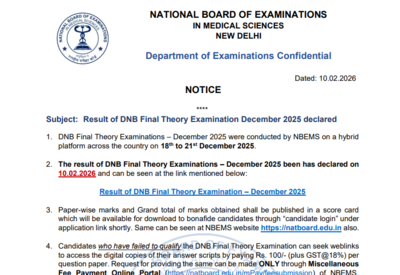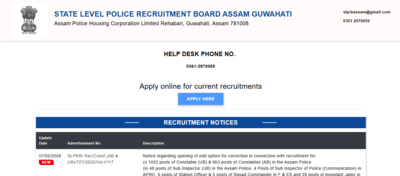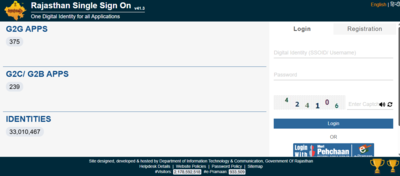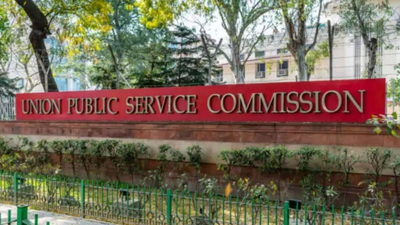Montana lawmakers draft first 2027 bill to curb ‘woke’ teacher conferences: Is this safeguarding education or silencing professional freedom?

Montana Senate President Matt Regier (R-Kalispell) has requested the first draft of legislation to be introduced in the 2027 Legislature, seeking to restrict what he describes as “political agendas” at teacher professional development conferences. He announced the move after recordings from sessions at the Montana Federation of Public Employees (MFPE) educator conference were released online and criticised by conservative legislators.Regier, supported by State Superintendent Susie Hedalen, said the bill—tentatively titled “Revise education laws related to teacher training and education and meetings of teacher organisations”—aims to ensure that tax-dollars are not spent on conferences promoting ideology rather than instruction. In a press release he said: “We need to make sure that tax dollars aren’t going towards political agendas in our schools,” as quoted by the News From The States.What the proposed bill coversThe proposed legislation would overhaul existing law governing “pupil-instruction-related” (PIR) days—state-mandated school closures used for teacher professional development. Under current rules, schools close for two days each October during which teachers attend required training and conferences. The MFPE educator conference offered over 300 sessions in late October, attended by nearly 1,000 educators from public and private schools and granting professional development units (PDUs). The union said it was “proud of the presentations on topics in math, science, language, art and more.”Regier and Hedalen have highlighted a handful of sessions that they say “promote radical gender ideology, DEI, nude child photography, and sexually explicit books.” Regier claimed audio recordings from the conference were posted on social media by a conservative activist who went “undercover” and registered as a conference attendee. He cited them as evidence of politically charged content. MFPE responded that the recordings lack context and may be illegal under Montana law. Union President Amanda Curtis said: “They are outright lying about what happens at this conference, and I don’t really understand what good it’s serving Montana students,” as quoted by the News From The States.Union and educators defend the existing frameworkMFPE said the conference has run for more than 30 years in cooperation with the Office of Public Instruction (OPI). Teachers could select from hundreds of sessions—“Dyslexia the Superpower”; “Bring the stock market to life in your classroom”; “Advancing proficiency in STEM: practical strategies with AI and Socratic dialogue”; “Fostering curiosity in your classroom with live butterflies”; “Rockets in the science classroom, Grades 6-9”—and many others focused on subject-matter instruction. The union emphasised that none of the sessions were mandatory.The OPI likewise noted that while it does not support “partisan or ideological content” in professional development, it remains committed to offering a wide range of high-quality training via the OPI Summer Institute, Teacher Learning Hub and locally-driven programmes.Legislative and fiscal implicationsIf passed, the bill would shift control for October PIR days from state-mandate to local school districts, allowing them to decide whether to utilise the annual days for the MFPE conference or alternative training. It would also seek to exclude sessions eligible for federally mandated PDUs if deemed to be promoting “ideological” or “political” content. Regier likened it to a bill previously introduced this session—House Bill 557—which failed in a final Senate vote. The new draft signals the issue will return in 2027.Supporters of the change say it bolsters accountability for how professional development time is used and protects taxpayer investment. Opponents argue it risks undermining educators’ access to professional learning, reduces district flexibility, and casts broad labels on legitimate training.Examining the debateThe proposed 2027 bill highlights a delicate balance in Montana’s education system. While lawmakers frame it as a measure to safeguard students and ensure taxpayer dollars support appropriate professional development, educators and unions argue it could limit teachers’ ability to choose training that enhances their skills. As the legislation moves forward, the state faces a broader question: how to protect educational standards without undermining professional freedom and the variety of learning opportunities teachers rely on to support their students.

